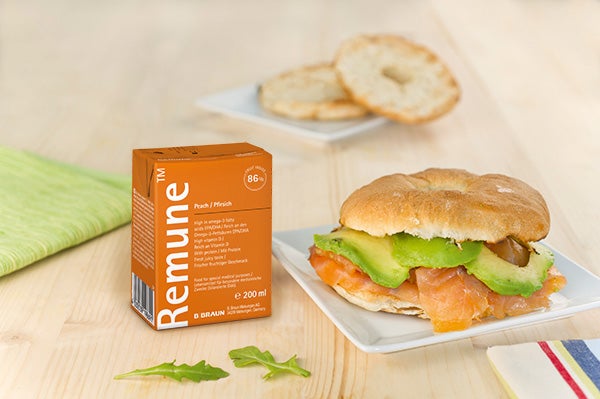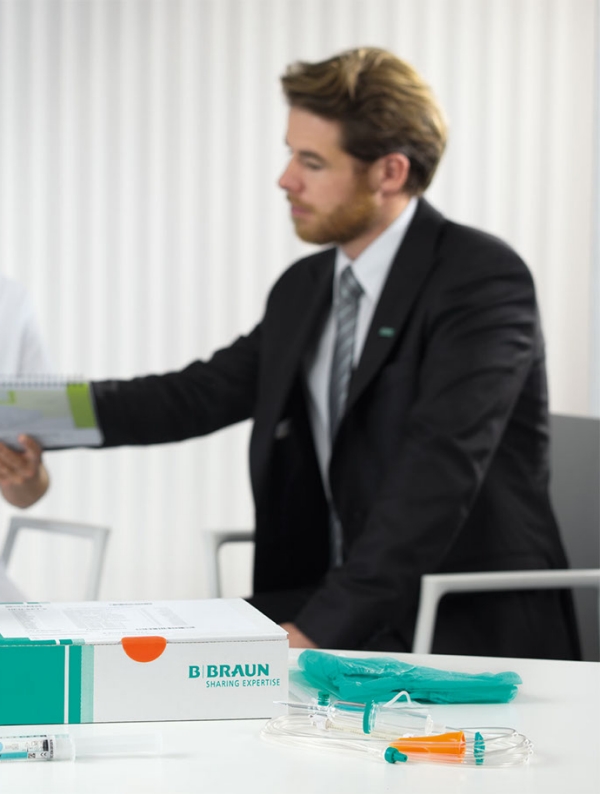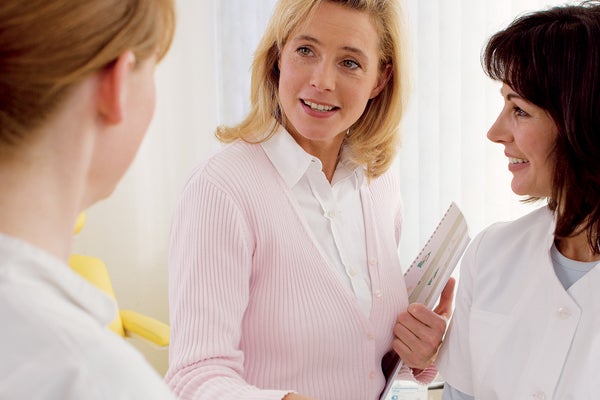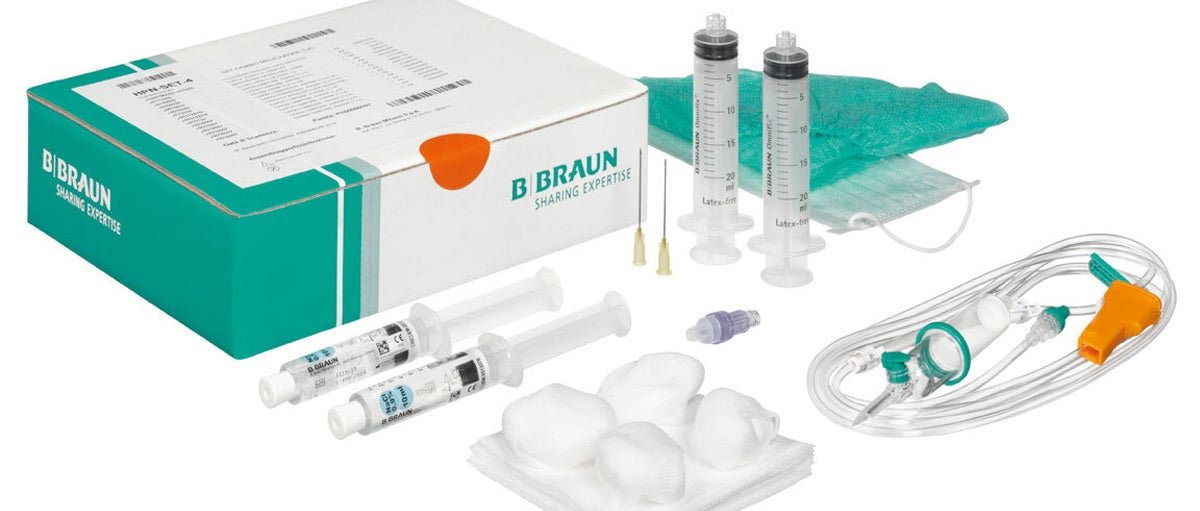How do we support patients on Total Parenteral & Enteral Nutrition at home?
B. Braun is specialized in Home Care for more than 20 years.
Seamless follow-up care is a very complex task, especially when it comes to therapies that require intensive and highly demanding care. Medical and organizational know-how, and an awareness of the legal requirements are needed in order to coordinate the interaction of everyone involved in providing care for the patient.
We are building a bridge between inpatient and outpatient care by giving hospitals a hand in patient transfer and organizing the care management at home as good care management supports the reduction of re-hospitalization rates.
That’s why B. Braun has set itself strict guidelines and was one of the first suppliers in the industry which has implemented a quality management system for the care of patients. The everyday tasks involved in home enteral (hen) and parenteral nutrition (hpn), starting from the preparation of the nutrition container, followed by the attachment to the patient's access and finally the change of the bandages, are performed by selected nursing services. However, the patients themselves or their relatives can also be trained by us to do this.
Even traveling with Total Parenteral (TPN) or Enteral Nutrition (TEN) is possible
Total parenteral and enteral nutrition can even be combined with mobility and being on home artificial nutrition (TEN or TPN) does not necessarily exclude patients from traveling. This can be an additional improvement in their quality of life. We also help our patients to achieve this.
This is what B. Braun stands for in Enteral & Parenteral Nutrition:
- Management of the Discharge Process: We accompany patients safely from hospital to home and care for them even beyond.
- Defined Standards: We work according to international guidelines in care.
- Qualitiy Management and Documentation System: We were one of the first suppliers in the industry with a quality inspection system in place.
- Individualized Trainings: Our nurses and our patients are trained individually according to our high-quality standards.
- Tailor-made products: We offer not only dedicated kits for daily procedures but also individualized compounded nutrition regimens which are adapted exactly to the patient's need.
What is Home Artificial Nutrition?
When people with medical conditions are not able to meet their nutritional needs orally, Home Artificial Nutrition (HAN) like HEN or HPN can be necessary to administer vital nutrients.
The reasons can vary from surgery to injuries or underlying diseases like Crohn’s disease, short bowel syndrome or many types of cancer, which affect the functioning of the gastrointestinal (GI) tract and favor malnutrition.
Myths & Facts about Artificial Nutrition
Get more information about the most widespread myths around the topic of clinical nutrition in the ambulatory care.
There are three forms of Artificial Nutrition (HAN):
Oral nutritional therapy
The nutrient intake from eating and drinking is optimized by specific foods and energy-rich and protein-rich nutritional supplements in powder or liquid form. Find out more about Oral Nutritional Supplements.
Enteral nutrition
In case of chewing, swallowing, or stomach disorders, nutrients can be administered through the nose or abdominal wall directly into the stomach or intestine (enteral nutrition), thereby bypassing the first steps in digestion.
Intravenous or parenteral nutrition
If the gastrointestinal tract's digestive function is considerably impaired, nutrients must be directly administered into the bloodstream.
In some cases, a mixture of the types mentioned above is applied. This depends on the medical condition of the patient.










